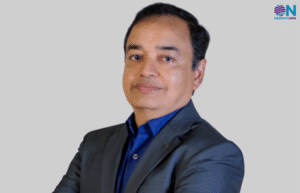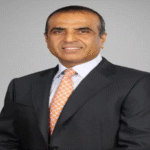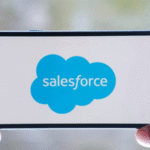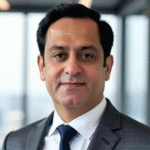Next Five Years – Pivotal for Workforce & Workplaces; Says HR Leaders

The role of human resource professionals has become increasingly pivotal while looking at the multiple aspects of the well-being of a company and its employees. They serve as the architects of organizational success, orchestrating a delicate balance between enhancing the skills of employees and maximizing the potential of both the company and its workforce. In a recent interaction, ObserveNow Media interacted with HR leaders to learn more about their role in enhancing the company’s growth.
One of the primary responsibilities of HR professionals is to foster a culture of continuous learning and development within the workplace. By identifying the skills gaps and training needs of employees, they facilitate the acquisition of new knowledge and expertise, thereby enhancing individual capabilities.
When commenting on one change that can be done as a human resource professional, Ashissh Kapoor, Director- HR, EY said “ If I could change one thing about my role as a human resource professional, it would be to streamline and enhance the integration of technology within HR processes. While we have made significant strides in digital transformation, the potential to further leverage AI, machine learning, and data analytics to drive more informed decision-making and personalized employee experiences remains vast. By focusing on this, we could reduce manual workloads, improve accuracy in talent management, and provide more strategic insights that align closely with our business goals.”
However, achieving this balance requires more than just providing training programs or workshops. It necessitates a deep understanding of the synergy between the workplace and the workforce. HR professionals must create an environment that encourages collaboration, innovation, and adaptability. They must cultivate a culture where employees feel empowered to take ownership of their learning journey and where their talents are recognized and utilized effectively.
While underscoring the necessity of changes that should be adopted Hemant Kumar Ravi, Senior Vice President and Group Head – Human Resources stated that “The next five years will likely bring significant Transformations in both the workforce and the workplace.”
“Remote- hybrid work models, diverse and inclusive workforce, Skill Evolution and Lifelong Learning, Well-being and Mental Health, Technological Integration, and Gig Economy” are the key changes that may be included in the upcoming years further stated Ravi.
Furthermore, as we march into the era of artificial intelligence (AI), the future of the workforce undergoes a profound transformation. While AI technologies offer unparalleled opportunities for efficiency and productivity, they also present new challenges and complexities.
While highlighting the anticipation for the future of the workforce with AI use, Kapoor and Ravi collaboratively agreed that “The integration of AI in the workforce will bring transformative changes.” They further anticipated that AI will enhance productivity, Data-Driven Decision Making, Personalized Employee Experiences, Job Evolution, Ethical and Responsible AI Use.
In essence, the future of work hinges on the ability of HR professionals to harness the potential of both human and machine intelligence harmoniously. They are the custodians of talent development, the architects of organizational culture, and the vanguards of innovation. By nurturing employee skills while balancing the needs of the company and its workforce, HR professionals pave the way for a future where human potential remains at the heart of organizational success, even in the age of AI.
















